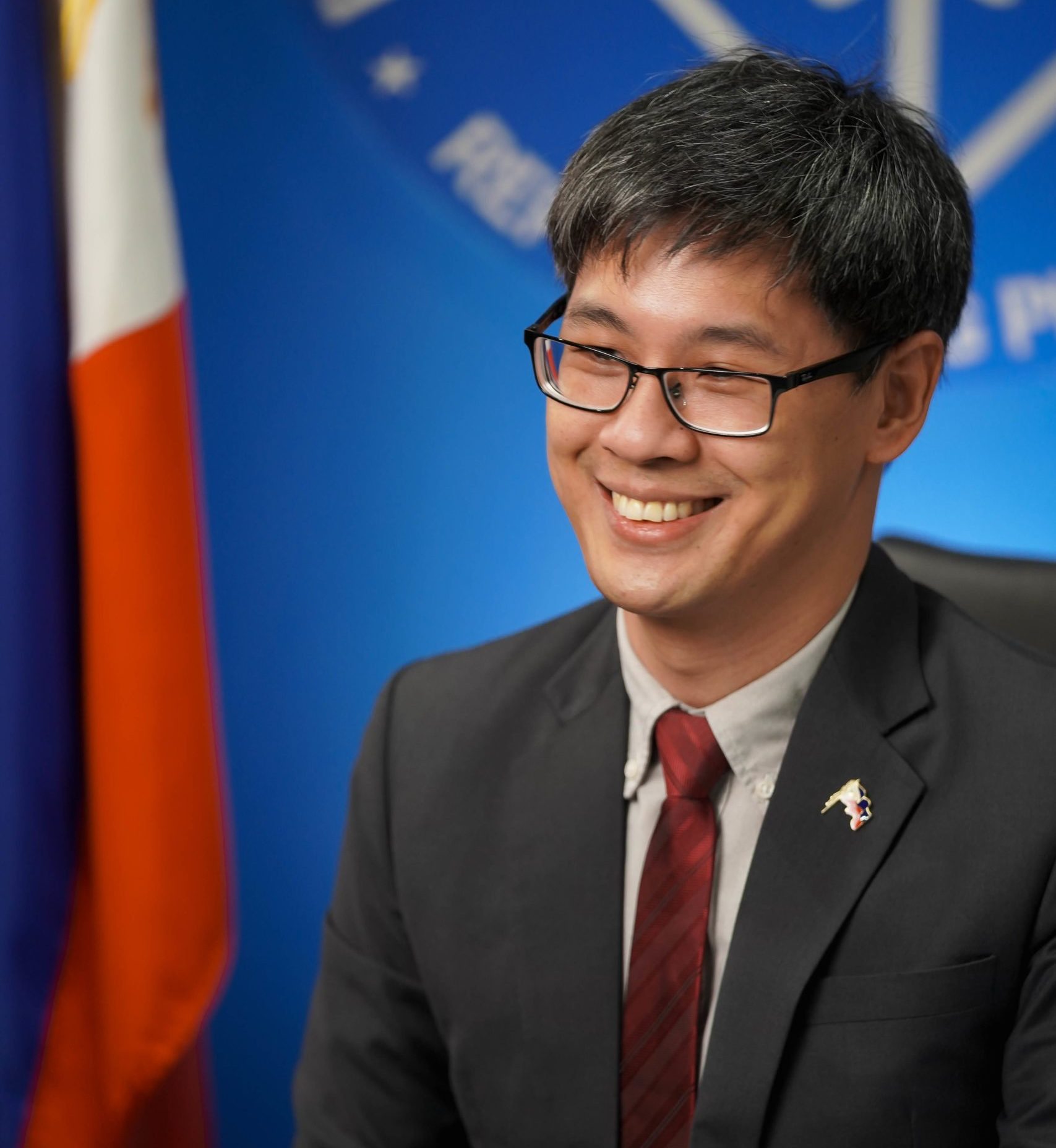Chua: Amended BOT IRR to protect Filipinos from PPP contingent liabilitiesv
MANILA, Philippines—The country’s chief economist on Thursday (May 12) defended the amended guidelines of the Build-Operate-Transfer (BOT) law, saying it will protect the public from contingent liabilities wrought by big-ticket infrastructure projects to be undertaken jointly by the government and the private sector.
Also, the National Economic and Development Authority (Neda) Board, chaired by President Rodrigo Duterte and co-chaired by Socioeconomic Planning Secretary and Neda chief Karl Kendrick Chua, released the guidelines—for their resolution—mandating tightening of the government’s belt in light of smaller fiscal space amid the prolonged COVID-19 pandemic.
“We were wanting to side with the people very strongly. PPP is public-private partnership — the public is really about the people. We felt we have to protect the people, the national interest, and ensure that only good projects are approved, and that the government is not in any disadvantageous position,” Chua said.
The private sector was jittery about the revised BOT law’s implementing rules and regulations (IRR) approved by Duterte’s economic managers, which not only shielded the government from arbitration, but also provided supposedly “anti-market” definitions of contingent liabilities arising from PPP projects.
“The last two years show that our contingent liabilities are also going up, so we have to find the best way to address the problem today, and that is why we pursued the BOT law IRR amendment,” the Neda chief said.
Contingent liabilities included material adverse government action (Maga) clauses, force majeure, breach of government warranties, as well as failure to deliver contractual obligations, the amended IRR said.
The Development Budget Coordination Committee (DBCC) had projected the contingent liabilities stock—or the aggregate amount wrought by PPP projects—to have risen to P456.2 billion in 2021 from the estimated P311.8 billion in 2020.
It was on top of the P60.4-billion “flow” of contingent liabilities, or the amount which “may materialize within a specific interval of time taking into consideration a project’s risk factors” among 18 national PPP contracts signed between 2008 and 2020.
Chua said that contingent liabilities also included some projects’ “so high” return on investment (ROI), which private firms charge and the government shoulders, such that consumers paid to use these facilities at also “very high” rates “when it could be much lower.”
“The projects may be beneficial today, but they can add to future contingent liabilities. That’s an important balancing act we’re doing,” Chua said.
Late last year, the Cabinet-level, interagency Investment Coordination Committee (ICC) ordered agencies and local governments implementing big-ticket PPP projects to ensure private proponents’ financial capacity by setting minimum equity requirements.
Even if the government retained the BOT law’s IRR provisions it earlier proposed, which the private-sector thumbed down during consultations, Chua was optimistic that appetite for PPP won’t be affected “given that this country has so much potential demand.”
Chua said 30-40 PPP projects, both local and national in scope, had been submitted for the ICC’s consideration, “but some are not ready, not complete, not compliant — that’s why we strengthened the IRR to ensure that projects are complete and compliant and worthy of approval.”
The Neda chief said that if the next administration’s PPP priorities change, “they’re free to adjust” the BOT law guidelines. “But for now, we will implement the IRR that we approved, because we think it is in the best interest of the country and the people.”
The 72-page revised BOT law IRR was approved and signed by Chua, who, as head of the state planning agency Neda, chaired the committee tasked by Duterte with revisiting the rules on PPP projects.
The guidelines were also signed by Finance Secretary Carlos Dominguez III, Agriculture Secretary William Dar, Energy Secretary Alfonso Cusi, Interior and Local Government Secretary Eduardo Año, Trade Secretary Ramon Lopez, PPP Center executive director Ferdinand Pecson and Department of Information and Communications Technology (DICT) Acting Secretary Emmanuel Caintic.
The Duterte administration had shunned PPPs, especially unsolicited projects, as it did not want disadvantageous provisions like government guarantees, subsidies and Maga clauses.
But the current pipeline of flagship infrastructure projects in the ambitious “Build, Build, Build” program included 20 unsolicited PPP projects worth P1.5 trillion, which will be financed by tycoons’ deep pockets.
On the IRR in the Neda Board resolution, these guidelines were aimed at prioritizing productive infrastructure spending to not waste money on non-essential projects.
The Neda Board had said the government needed to prioritize public investments in human capital — particularly education and health — as well as infrastructure to not only recover from the long-term scarring effect of COVID-19 but also generate “good” jobs and accelerate economic growth.
Given local government units’ (LGUs) bigger budgets with the implementation of the Supreme Court’s Mandanas-Garcia ruling in full swing this year, the Neda Board had also ordered national government agencies to no longer endorse, approve, or finance programs covered by LGU functions under the Local Government Code.

